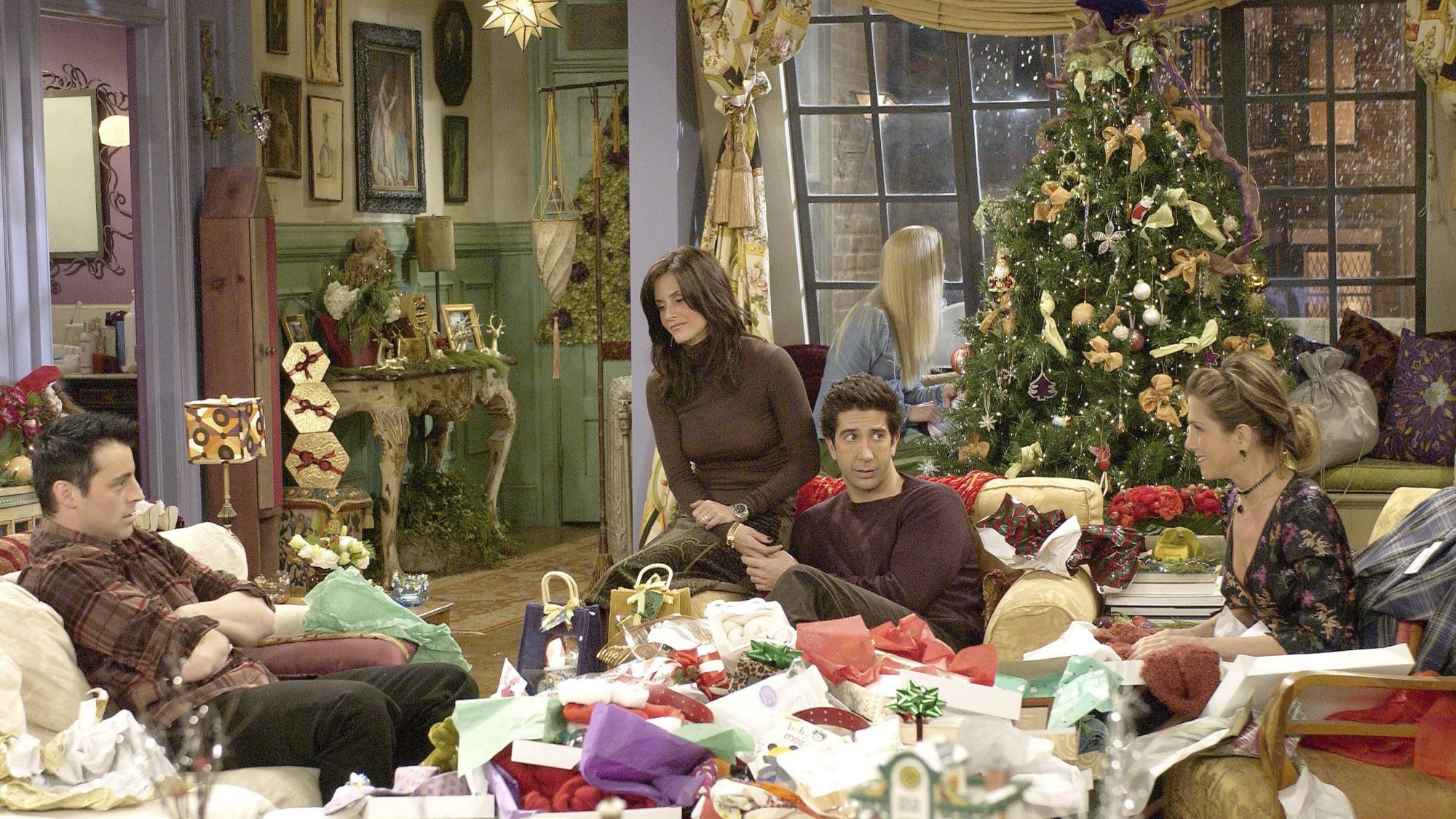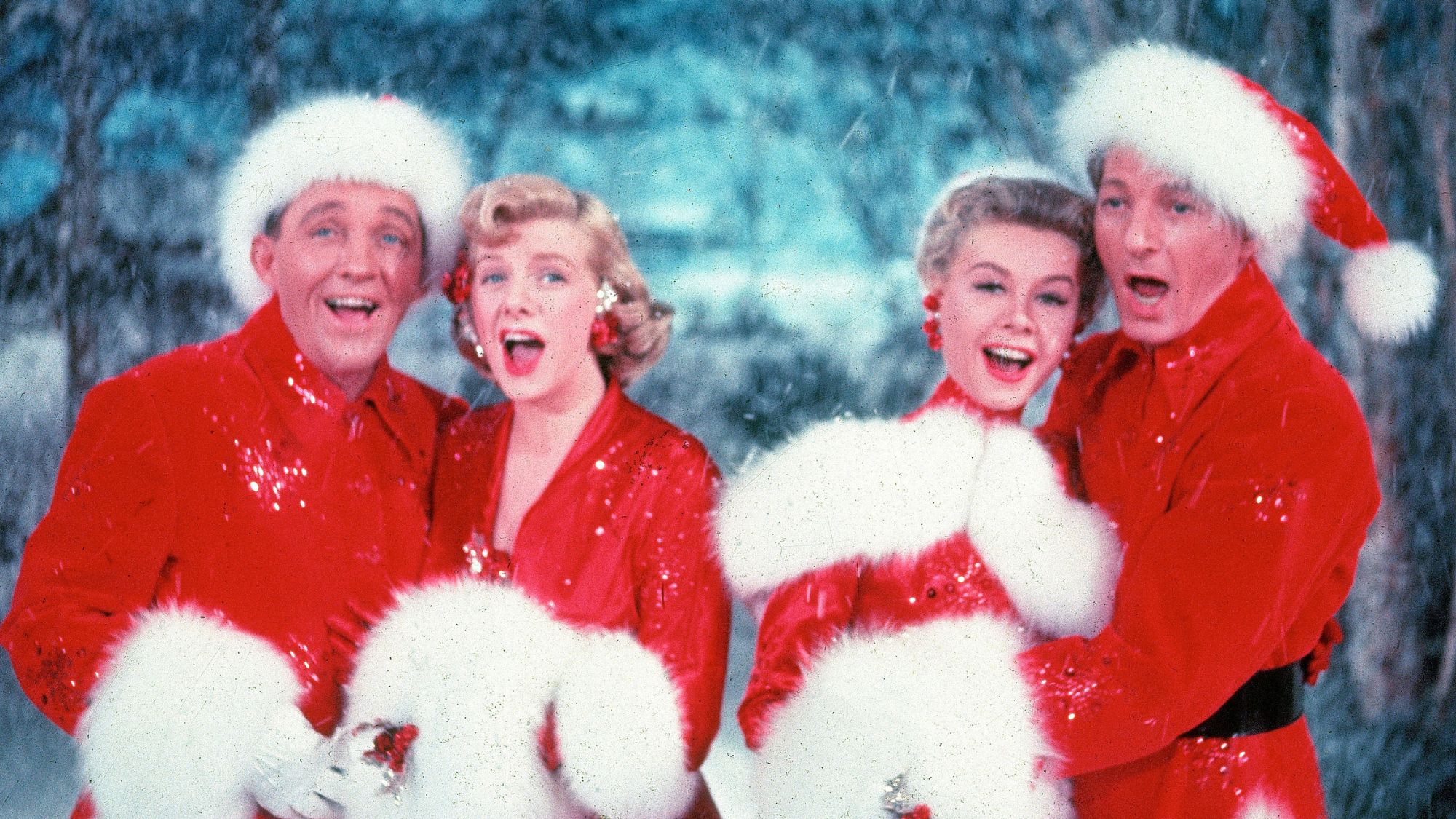One writer explores the psychology behind our deep love of Christmas
Frivolous spending, family feuds and age-old traditions: Christmas is as stressful as it is special. So why are we so obsessed with it? Lizzie Pook explores the psychology behind it

Frivolous spending, family feuds and age-old traditions: Christmas is as stressful as it is special. So why are we so obsessed with it? Lizzie Pook explores the psychology behind it
Like an excited five-year old, I’ve been known to fall ill in the run-up to Christmas. It’s not the cold weather that gets me, or even the cheap advent calendar chocolates; it’s the heady sense of anticipation that ties my stomach in knots. By November – when the Coca-Cola ad is on and a trip to John Lewis involves hearing Mariah Carey at least four times – I’m ready to bulldoze my way through the nearest Christmas market, guzzling every mug of mulled wine that crosses my path.
Christmas is big business, boosted largely by commercialism. The average family spends at least £800 on the celebrations (that’s a lot of Quality Street), and in the UK alone, we buy 6 million rolls of Sellotape and more than 25 Christmas puddings each year.
So where exactly does this festive fervor come from, when almost half of us are not religious? Christmas has transcended theological Christian boundaries to become the most widely celebrated holiday in the Western world. "Being the only Jewish kid in my school, I remember being really jealous of everyone’s Christmas trees," says Anna Cowell, 30, from north London. "Now, I buy one every year, and decorate it while wearing a garish Xmas jumper. I celebrate Jewish holidays but I appreciate Christmas the way a tourist appreciates an amazing building in a foreign city. I think I am even more enthusiastic about the traditions because, to me, they are exotic and exciting."
If we loved Christmas as a child, nostalgia is a crucial part of its appeal as an adult, too – from the scent of fallen pine-tree needles to the taste of warm brandy butter. "Christmas reminds us to pause our hectic schedules and take stock of how far we’ve come," says psychologist Krystine Batcho. "Harking back to childhood is a comforting respite from the stress of daily life. Yearning for the past reminds us that we were once loved for who we are – not for what we could do or did." Research has also shown that nostalgia benefits our emotional health, counteracting boredom and anxiety, and making people more generous and tolerant of strangers. "Nostalgia enhances our feelings of being socially connected and belonging within the family," says Batcho, "which is crucial for our emotional well-being."

It’s no surprise, then, that every year many of us feel compelled to buy into that connection to our idealized past. We want the same pigs in blankets, the same moth-eaten 30-year-old stocking and the same version of Mistletoe And Wine played ten times over in the office. "The value of tradition is its familiarity and dependability," says Batcho. "We count on these things because they counteract the constant change that is the essence of life. Knowing that there is a core and it doesn’t change reinforces our sense of order and meaning in the world." According to a study by the University of Southampton, nostalgia is triggered by familiar smells and sounds that make us dwell on a memory - typically it’s a fond memory, but it can also bring on feelings of loss or regret, depending on your past experiences. It’s why the loss of a loved one can be more overwhelming at Christmas and why our heightened emotions over the festive period can feel bittersweet.
Christmas is not all bells from on-high and ecstatic gingerbread baking. There are often simmering family tensions to negotiate when you pile three generations into one house and lace it with Monopoly, overindulgence and whisky. Indeed, a recent survey found that the average British household will have at least five rows on Christmas day alone. "Christmas triggers a lot of anxiety for many of my clients," says psychotherapist Hilda Burke. "Most of us, when we retreat to our family home, are confronted with parents and siblings who treat us as they always have done. No matter what we’ve achieved, we can end up feeling childlike and disempowered. Team this with the nagging feeling that we should be having a perfect Christmas in harmony with our families, and the expectations become totally unachievable."
Marie Claire Newsletter
Celebrity news, beauty, fashion advice, and fascinating features, delivered straight to your inbox!
And for those who didn’t enjoy Christmas as a child, finding their own traditions can be empowering. Elizabeth Leighton, 35, from London says: "Our family did Christmas very badly – it was just my mum and me stuck in my granny’s flat with her going on about how much she hated Christmas. But now that I have children of my own I have seized the chance to reinvent it for them – we go all-out with turkey, bread sauce, Quality Streets, the works. I’m always urging my friends who have difficult, complicated families that ruin Christmas for them to take charge – we all work hard, why waste a free day off having an awful time? Life’s too short."
Regardless of its appeal, this is simultaneously the most stressful and splendid time of the year. So go on, grab the tinsel, whack on Mariah, take a long, deep breath and have yourself a merry little Christmas, yeah?
-
 How are Trump’s tariffs affecting the fashion industry?
How are Trump’s tariffs affecting the fashion industry?The fluctuating situation in the US is having very real consequences
By Rebecca Jane Hill
-
 Here's every character returning for You season 5 - and what it might mean for Joe Goldberg's ending
Here's every character returning for You season 5 - and what it might mean for Joe Goldberg's endingBy Iris Goldsztajn
-
 Celine's new Selfridges pop-up is an ode to summers on the French Riviera
Celine's new Selfridges pop-up is an ode to summers on the French RivieraA one-stop-shop for the ultimate holiday wardrobe
By Clementina Jackson